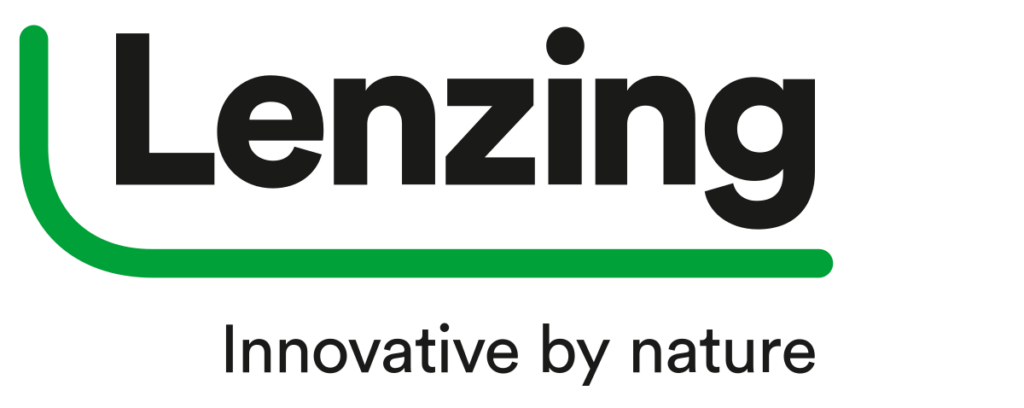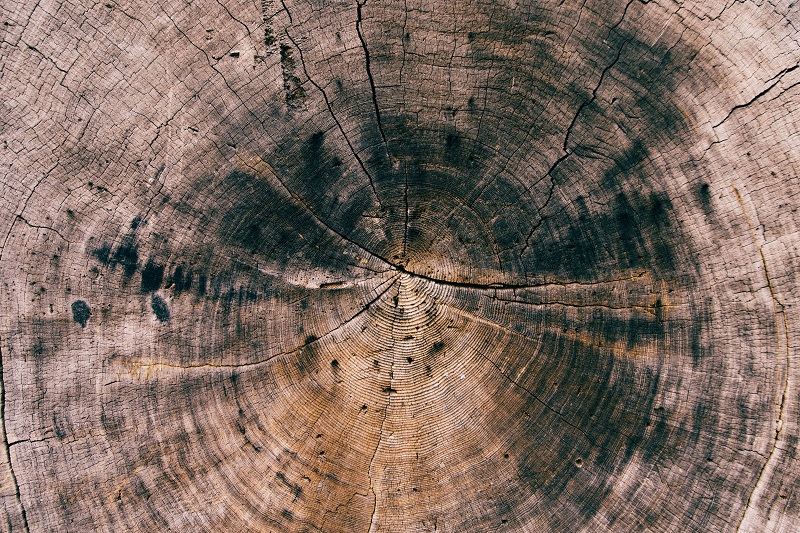
Aktuelle Nachrichten
Abonniere den Newsletter
Kein Spam, Benachrichtigungen nur über die neuesten Nachrichten.Lenzing AG (LNZ.VI) is an Austrian based manufacturer of wood-based fibers that are used in the global textile industry. The company was founded way back in 1938 in Lenzing, Austria, and started its enterprise life as a paper mill, eventually moving on to pulp fiber and textile production. Today, Lenzing is truly a global company with headquarters in Austria, the United States, China, India, and Indonesia, with production facilities across the European Union as well as a gradual expansion into Southeast Asia. Learn more

Lenzing Stock Analysis: Lenzing has joined the global secular trend of sustainability with its textile business, and is now creating wood-based fibers made of viscose, modal, lyocell, and filament yarn. The source for all of these fibers is cellulose, which is the natural component of wood that can be extracted through pulping and then placed under high pressure in combination with solutions of sodium hydroxide and sodium sulfide. What’s the allure of cellulose for textiles? It’s completely biodegradable so as Lenzing puts it: “at the end of the life cycle, our fibers can become part of our ecosystem again”.
Lenzing is very particular about which products it uses, sourcing more than 99% of its wood from completely sustainable forests. The company also uses a closed circle of water, chemicals and energy, and even has its own sewage treatment plants to reuse water in manufacturing. Green energy is another secular trend, Lenzing utilizes the leftover wood from its pulping to create thermal energy and electricity. In this way, Lenzing is able to carry out its production with little use for external sources of energy.
 But what about the stock? Lenzing anticipates the global market for wood-based fiber textiles is growing at a compound annual growth rate of 4-6% per year, which is double the rate of the broader fiber market. Lenzing is seriously growing for the future as well as it begins operations of its 100 kt lyocell plant in Thailand by Q4 of 2021, and its 500 kt DWP (dissolving wood pulp) plant in Brazil in Q2 of 2022. Lenzing is also investing heavily into its existing Asian infrastructure to upgrade them to eco-responsible sites by 2023.
But what about the stock? Lenzing anticipates the global market for wood-based fiber textiles is growing at a compound annual growth rate of 4-6% per year, which is double the rate of the broader fiber market. Lenzing is seriously growing for the future as well as it begins operations of its 100 kt lyocell plant in Thailand by Q4 of 2021, and its 500 kt DWP (dissolving wood pulp) plant in Brazil in Q2 of 2022. Lenzing is also investing heavily into its existing Asian infrastructure to upgrade them to eco-responsible sites by 2023.
Forward looking guidance has Lenzing anticipating 2024 EBITDA of €800 million, and carbon reduction by at least 40%. Lenzing also expects fiscal year 2021 results to at least meet 2019 pre-pandemic levels, which means the company has already recovered from the COVID-19 lows. Its premium Tencel brand is quickly gaining global popularity, and its environmentally friendly line Ecovero helps cause up to 50% fewer emissions and water usage during production.

Share

Über den Autor
Francesco Zen
